Ebixa 20mg 28’ct tablets
Ebixa 20mg 28’ct tablets is a medication primarily used for the treatment of moderate to severe Alzheimer’s disease. Ebixa (memantine) is a NMDA-receptor antagonist that affects glutamate transmission in the brain.The usual dosage of Memantine (Ebixa) is initially 5mg in the morning, increased in steps of 5mg at weekly intervals up to a maximum dose of 10mg twice daily. Doses over 5mg should be given in 2 divided doses.The benefit from Memantine (Ebixa) is assessed by repeating cognitive assessments around 3 months after starting treatment. Up to half of patients given this class of drugs show a slower rate of cognitive decline.
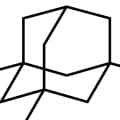
Description
Ebixa 20mg 28’ct tablets is a medication primarily used for the treatment of moderate to severe Alzheimer’s disease. Ebixa (memantine) is a NMDA-receptor antagonist that affects glutamate transmission in the brain.The usual dosage of Memantine (Ebixa) is initially 5mg in the morning, increased in steps of 5mg at weekly intervals up to a maximum dose of 10mg twice daily. Doses over 5mg should be given in 2 divided doses.The benefit from Memantine (Ebixa) is assessed by repeating cognitive assessments around 3 months after starting treatment. Up to half of patients given this class of drugs show a slower rate of cognitive decline.
Mechanism of Action
- Ebixa (memantine) is a non-competitive NMDA receptor antagonist that regulates glutamate, an important neurotransmitter involved in learning and memory.
- It is thought to work by protecting brain cells from the overstimulation of NMDA receptors, which can lead to cell damage and death in Alzheimer’s disease.
Dosing and Administration
- Ebixa is available in 5mg, 10mg, 15mg, and 20mg tablet strengths.
- The recommended starting dose is 5mg once daily, which is then increased in 5mg increments over several weeks up to the maintenance dose of 10-20mg twice daily.
- Ebixa can be taken with or without food.
Potential Benefits
- Clinical studies have shown Ebixa can help slow the progression of moderate to severe Alzheimer’s symptoms, including cognitive decline and functional impairment.
- It may also have beneficial effects on behavioral symptoms like agitation and aggression in Alzheimer’s patients.
- Ebixa is generally well-tolerated, with common side effects including dizziness, headache, and constipation.
Unique Considerations
- Ebixa is one of the few medications approved specifically for the treatment of moderate-to-severe Alzheimer’s disease.
- It can be used alone or in combination with cholinesterase inhibitors like donepezil (Aricept).
- Dosage adjustments may be needed in patients with renal impairment
Key Benefits of Ebixa 20mg 28’ct Tablets
The key benefits of Ebixa (memantine) 20mg tablets for the treatment of moderate to severe Alzheimer’s disease include:
- Mechanism of Action: Ebixa regulates glutamate, an important neurotransmitter involved in learning and memory, by blocking NMDA receptors. This helps protect brain cells from overstimulation and potential damage or death.
- Cognitive and Functional Improvements: Clinical studies have shown Ebixa can help slow the progression of moderate to severe Alzheimer’s symptoms, including cognitive decline and functional impairment. Patients taking Ebixa had less severe symptoms and slower decline compared to placebo.
- Behavioral Benefits: Ebixa may have beneficial effects on behavioral symptoms like agitation and aggression in Alzheimer’s patients.
- Tolerability: Ebixa is generally well-tolerated, with common side effects including dizziness, headache, and constipation.
- Unique Indication: Ebixa is one of the few medications approved specifically for the treatment of moderate-to-severe Alzheimer’s disease.
Key Ingredient
The key active ingredient in Ebixa 20mg tablets is memantine hydrochloride. Memantine is a non-competitive NMDA receptor antagonist that regulates glutamate transmission in the brain. The key mechanism of action of Ebixa (memantine) is:
- Ebixa is a non-competitive NMDA receptor antagonist that regulates glutamate, an important neurotransmitter involved in learning and memory.
- It works by protecting brain cells from the overstimulation of NMDA receptors, which can lead to cell damage and death in Alzheimer’s disease.
- By blocking NMDA receptors, Ebixa helps modulate glutamate transmission in the brain and may slow the progression of symptoms in moderate to severe Alzheimer’s patients
 MemantineMedication to slow progression of Alzheimer’s diseaseMoreUsed forSlowing the progression of moderate-to-severe Alzheimer’s diseaseAdministrationTaken by mouthCommon side effectsHeadache, constipation, sleepiness, dizziness
MemantineMedication to slow progression of Alzheimer’s diseaseMoreUsed forSlowing the progression of moderate-to-severe Alzheimer’s diseaseAdministrationTaken by mouthCommon side effectsHeadache, constipation, sleepiness, dizzinessDosage
- Maintenance: One 20mg tablet once daily
- Titration:
- Week 1: Half a 10mg tablet (5mg) once daily
- Week 2: One 10mg tablet (10mg) once daily
- Week 3: One and a half 10mg tablets (15mg) once daily
- Take with or without food
- Adjust dose for kidney impairment
Storage
- Store below 30°C in original package
- Protect from moisture
Reviews
- Generally well-tolerated
- Common side effects: dizziness, headache, constipation



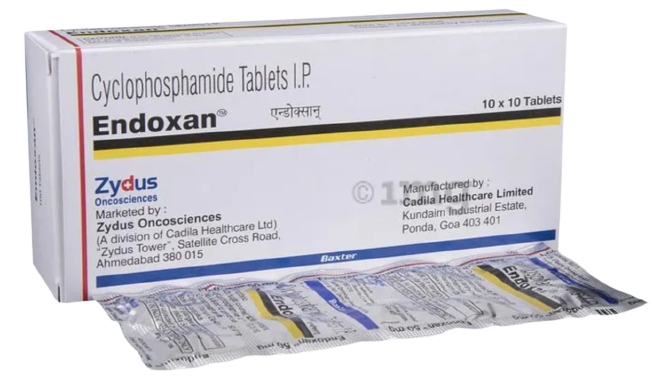
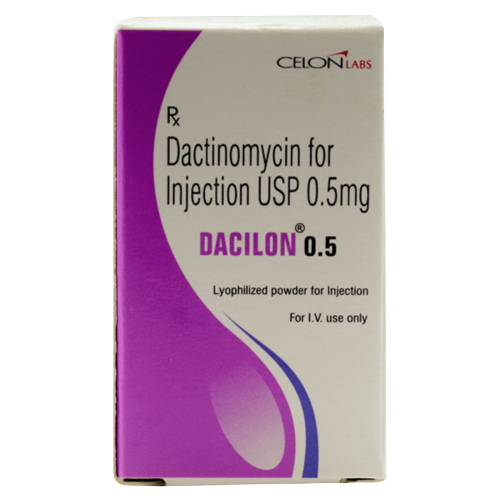
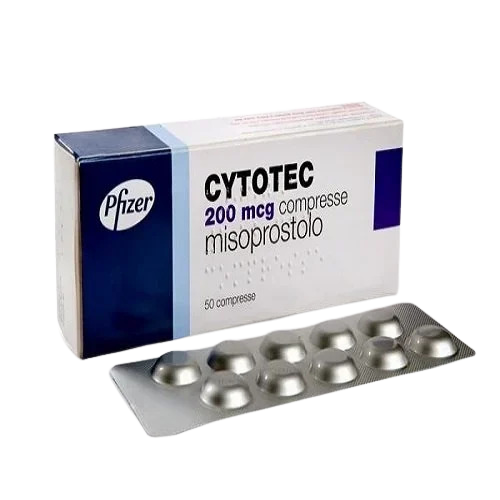
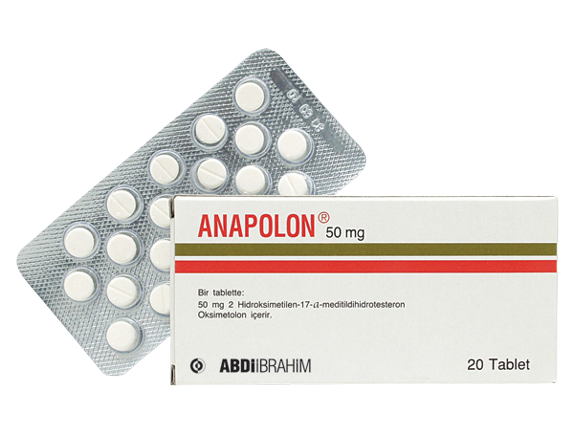

Reviews
There are no reviews yet.